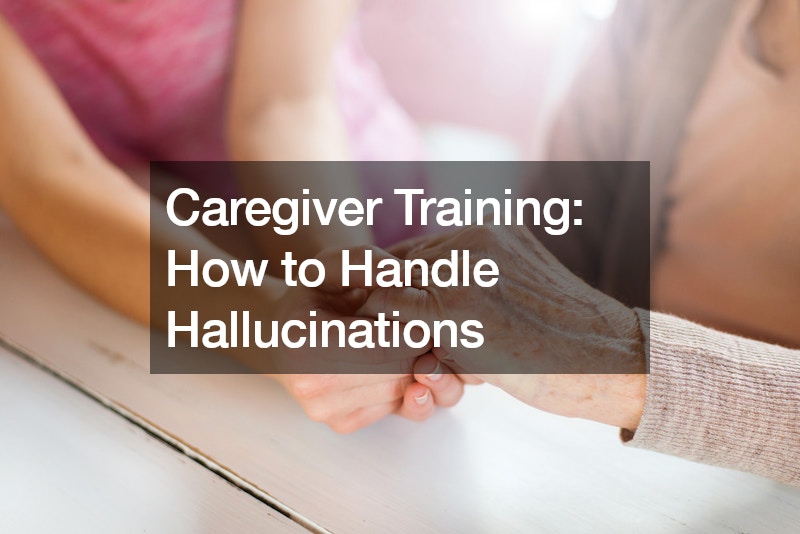Caregiver training, particularly in dementia care, is vital for ensuring the safety and well-being of individuals experiencing cognitive impairments. Hallucinations can be a challenging symptom to manage, requiring specific skills and approaches to address effectively. Dementia care training emphasizes understanding the underlying causes of hallucinations, which can include sensory deprivation, medication side effects, or cognitive decline. Recognizing the triggers and patterns associated with hallucinations is essential for caregivers to respond appropriately and provide the necessary support.
One of the fundamental principles taught in dementia care training is validation and reassurance. When a person with dementia experiences hallucinations, it’s crucial to avoid dismissing or arguing about their perceptions. Instead, caregivers are trained to acknowledge the individual’s feelings, validate their experiences, and offer reassurance in a calm and compassionate manner. Additionally, distraction techniques and redirection strategies are often employed to help shift the individual’s focus away from the hallucination and onto more comforting or engaging activities. Creating a calm and familiar environment, ensuring adequate lighting, and minimizing potential triggers can also help reduce the frequency and intensity of hallucinations. By equipping caregivers with the knowledge and skills gained from dementia care training, they can effectively manage and support individuals experiencing hallucinations, enhancing their quality of life and fostering a more compassionate and understanding care environment.

